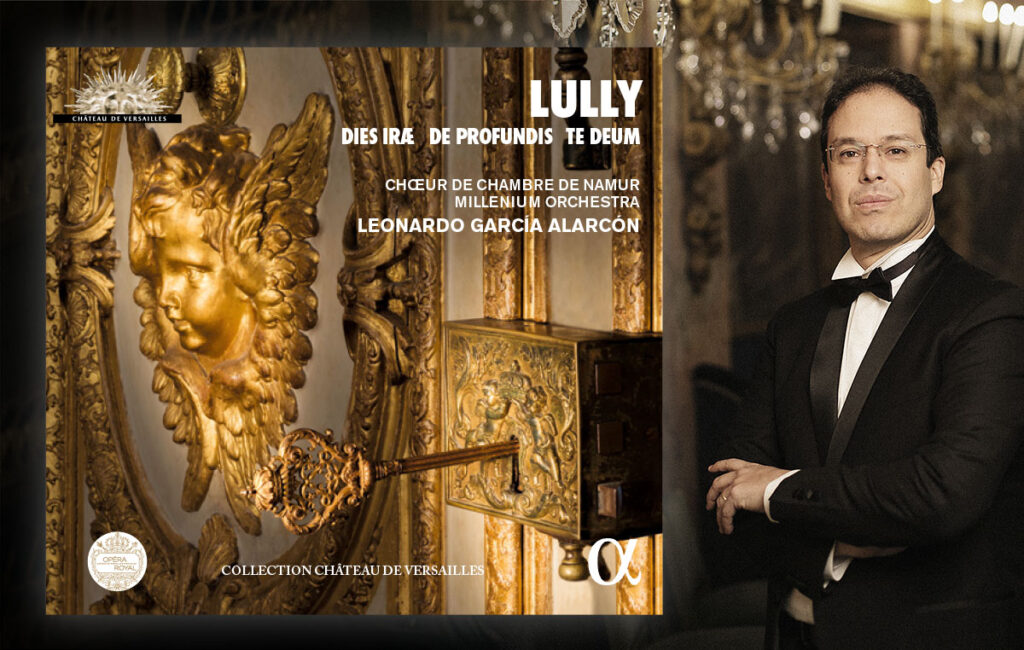


“SIRE,
Excerpt from a letter from Jean-Baptiste Lully to King Louis XIV
Of all my works, it is these ones in particular that I would like to offer to Your Majesty. It has pleased you, Sire, to honour me with an office that has accorded me the duty of composing these sacred Concerts that both the Music of Your Chamber and that of Your Chapel have grown accustomed to hearing resonate on solemn days in the midst of holy ceremonies. You have entrusted me with the task of permitting you to listen to these Canticles chosen by the Church to ensure that the same prayers that are sung in Heaven are also sung on earth; You have approved of the way in which I have endeavoured to respect their admirable expressions; You have found the harmonies sufficiently touching to allow them to sustain the zeal that drives you when you sing with a piety so worthy of a most Christian King […]. I take such satisfaction in knowing that my songs have served to give voice to the thanksgiving that France has so often been compelled to offer to the God of the Armies for the success of your astonishing undertakings and the felicity of Your Reign! […]”

